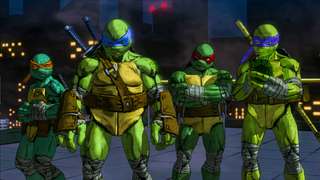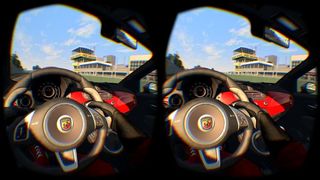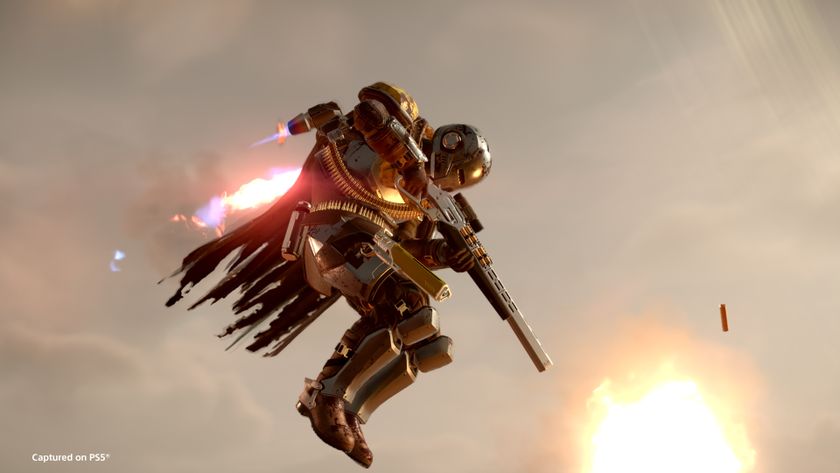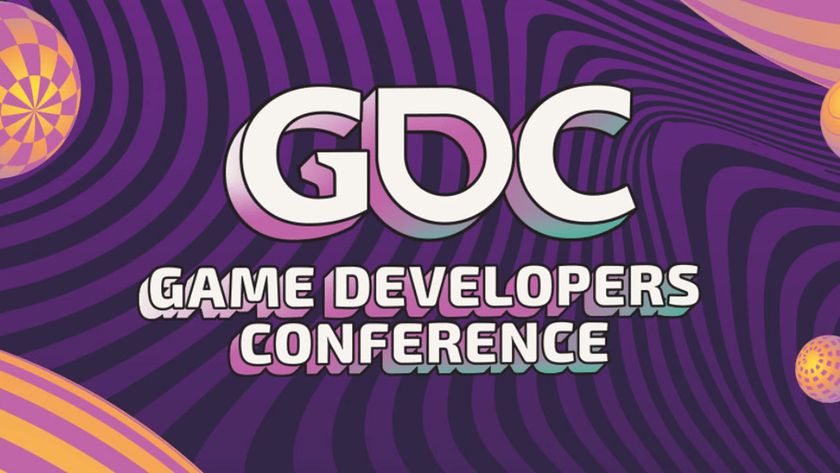What we're looking forward to at the Games Developer Conference 2016
It may not have the bombastic reveals of E3 or the public accessibility of conventions like PAX, but the Games Developer Conference is always a thought-provoking time of year for gamers. If you're unfamiliar with GDC, it's where developers, artists, and experts of all kinds - from massive studios to the latest indie startups - get together to give talks that elucidate the fascinating craft of making games. It's also a perfect opportunity to show off upcoming games in development - and clearly, GDC 2016 is ushering in the Year of VR.
All the heavy hitters of VR will be at GDC next week, including PlayStation VR, HTC Vive, Oculus, and tons of third-party supporters. On top of that, we'll get the chance to see games that don't involve strapping gear to your face, as well as learn behind-the-scenes secrets about how some of your favorite games came to be. We'll be bringing you plenty of coverage from GDC 2016 next week, but for now, here's what we're most looking forward to.

PlayStation VR
It's funny to think that only a year ago, at GDC 2015, we were demoing Project Morpheus, which we now know as PlayStation VR. In the months since, Sony's done an excellent job of drumming up hype for its incoming headset, with the upcoming PlayStation VR games looking full of promise. But we still don't know crucial specifics like the price, exact release date, and the lineup of games at launch. That could all change next week, as Sony's hosting a dedicated event to showcase PlayStation VR in all its senses-immersing glory.
The PS VR price point is what we're waiting on with bated breath, as it's the make-or-break metric for the success of new hardware and the number of early adopters. You should already expect it to cost you a pretty penny - possibly as much as an entire console, even - but if PS VR launches for cheaper than the Oculus Rift's $600 and the HTC Vive's $800 price tags, it could get an edge in the impending VR race. It's also imperative that PS VR launch with at least one killer app, preferably included with purchase; Oculus made an ingenious move promising a copy of EVE: Valkyrie with every Rift headset. Valkyrie's one of the few VR games that feels like a fully realized experience rather than a flashy demo, and PS VR would do well to launch with something comparably deep as part of the pricey bundle.

Hands-on the HTC Vive and Oculus Rift
VR is sure to make a big splash at GDC (and probably every other gaming convention this year) because, outside the PS VR, the PC-centric Oculus Rift and HTC Vive headsets will have prominent showings. Where the Oculus gives a new virtual perspective that leans toward seated gaming and has traditional control scheme options with the Xbox One controller compatibility, the Vive is going for more full-motion holodeck experiences.
The HTC Vive uses sensors that detect where you are standing in your physical space, allowing you to walk around in the virtual world. There are plenty of upcoming HTC Vive games that use that new virtual space to create some fascinating game concepts, from zombie shooting galleries to unique creative canvases for VR art. At GDC 2016, we will be getting hands-on time with games like Elite: Dangerous VR and Time Machine VR on the Vive, as well as some upcoming VR peripherals. Our time with all three major VR headsets during the week should give us a good idea of where the VR gaming as a whole seems to be headed.

What we hope to play
GDC wouldn't be much of a gaming convention without a chance to see some of the year's upcoming games. But this isn't necessarily the place to see the Call of Dutys, Battlefields, and other triple-A titles coming out in 2016. Instead, there's a focus on highlighting some of the many upcoming indie titles, experimental games, and generally less-talked about experiences that pique our interest. Depending on your preferences, these games can be even more exciting than the upcoming blockbusters, as they eschew lifelike graphics for imaginative aesthetics and employ some truly exotic premises that are a far cry from the same familiar franchises.
Sign up to the 12DOVE Newsletter
Weekly digests, tales from the communities you love, and more
Besides the swath of intriguing indies, this'll also be the proving ground for VR headsets as gaming devices. Sure, it'll always be a blast to strap in for a short, theme park-style demo and experience something you've never seen before, like walking beneath a colossal T-Rex or exploring the deepest depths of the ocean. But for these headsets to be worth it for most consumers, they need to offer replayable, continuously enjoyable entertainment that can last hours instead of minutes. We don't yet know if the VR games on offer can all live up to that lofty expectation, but we're eager to find out.

What we hope to learn
GDC panels are full of fascinating insights into how games are made, as well as the methodologies that went into their many intricate designs. Talks like 'Cognitive Psychology of Virtual Reality: Basics, Problems and Tips' deal with an entirely new frontier for games, and may lead to some mind-blowing revelations about how our subconscious mind works when encased in VR. Others like 'It's Just Emulation! - The Challenge of Selling Old Games' should give interesting insight into the prospect of rebuying all the games we already own on older systems, and how to add the kinds of value that make such a purchase sensible (beyond our own nostalgia).
And of course, it wouldn't be a GDC without some Classic Game Postmortems, where developers tell the little-known stories about how games came to be, and all the challenges they encountered along the way (that we likely never heard about). GDC 2016 has some great ones, including the psychedelic rhythm shooter Rez, the original clickfest that is Diablo, and the arcade classic Ms. Pac-Man. This may finally be an opportunity to learn if LSD played any part in the development of Rez's trippy visual style, and it should also shine some light on what it's like porting an existing, older game to VR (in this case, PlayStation VR).
Lucas Sullivan is the former US Managing Editor of 12DOVE. Lucas spent seven years working for GR, starting as an Associate Editor in 2012 before climbing the ranks. He left us in 2019 to pursue a career path on the other side of the fence, joining 2K Games as a Global Content Manager. Lucas doesn't get to write about games like Borderlands and Mafia anymore, but he does get to help make and market them.












